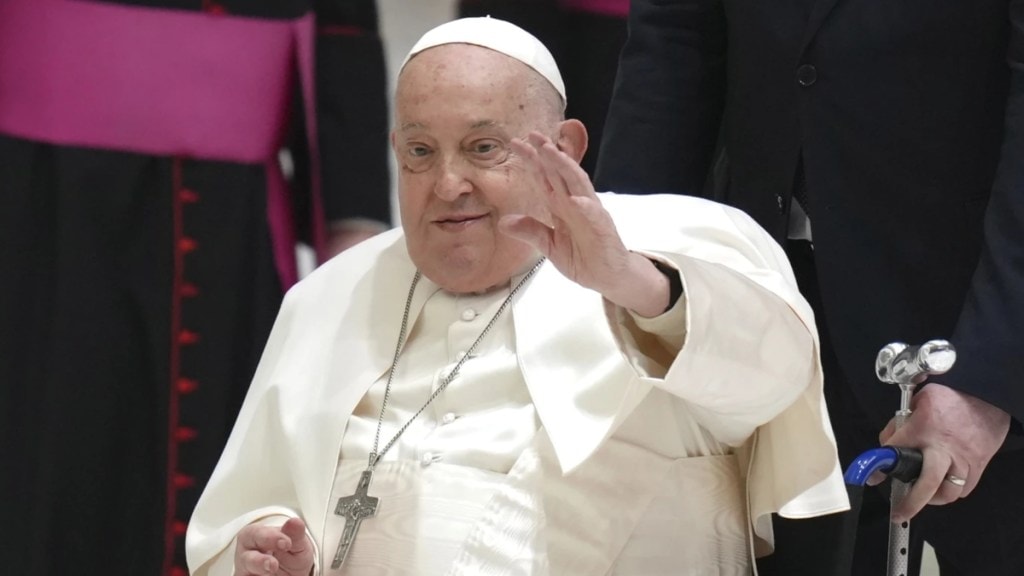Who will be the next Pope: Pope Francis passed away on Easter Monday morning at the age of 88, the Vatican confirmed. His death comes just days after he was discharged from hospital following treatment for a serious respiratory infection. Serving as the 266th pope for 12 years, Francis made history as the first pontiff from South America. His passing leaves a leadership void at the helm of one of the world’s oldest religious institutions — and raises pressing questions about what comes next.
Who will be the next pope?
The process of choosing a new pope will soon begin, though no successor has been named yet. This responsibility falls to the College of Cardinals, a global assembly of senior Catholic clergy. While technically any baptised Roman Catholic man is eligible, tradition dictates that one of the cardinals is selected.
There are currently more than 240 cardinals worldwide, though only those under the age of 80 will vote in the election. As it stands, 138 cardinals are eligible electors, and notably, 110 of them were appointed by Pope Francis himself — a reflection of his efforts to diversify the leadership ranks of the Church.
How is a new Pope elected?
The voting process, known as the papal conclave, will take place in the Sistine Chapel. To prevent external influence, cardinals isolate themselves until a new pope is chosen. Voting is conducted via secret ballots, requiring a two-thirds majority to elect the new pontiff.
After each round of voting, ballots are burned with special chemicals: black smoke signals no decision has been made, while white smoke announces a new pope’s election. A senior cardinal then proclaims the name from the balcony of St. Peter’s Basilica.
When will the conclave begin?
The conclave typically begins two to three weeks after the pope’s death, following a nine-day mourning period and giving cardinals time to travel to the Vatican. The 2013 conclave that elected Pope Francis took just 12 days after Pope Benedict XVI’s resignation.
Who are the leading candidates?
Potential successors include:
Peter Turkson (Ghana) and Fridolin Ambongo (Congo), prominent African cardinals known for their peace advocacy.
Luis Tagle (Philippines), a progressive voice for the poor and marginalised.
Peter Erdo (Hungary), a conservative traditionalist seen as a bridge to Eastern Christianity.
Pietro Parolin (Italy), the Vatican’s Secretary of State and a seasoned diplomat.
Matteo Zuppi (Italy) and Mario Grech (Malta) are also seen as possible contenders.
For the first time in centuries, the next pope could hail from Africa or Asia, reflecting the Church’s growing global footprint.
What happens during the transition?
During the “sede vacante” or vacant seat period, Cardinal Kevin Farrell, the Vatican’s Camerlengo, temporarily oversees administrative duties and secures church property. However, he lacks the authority to make doctrinal decisions or major changes until a new pope is elected.


